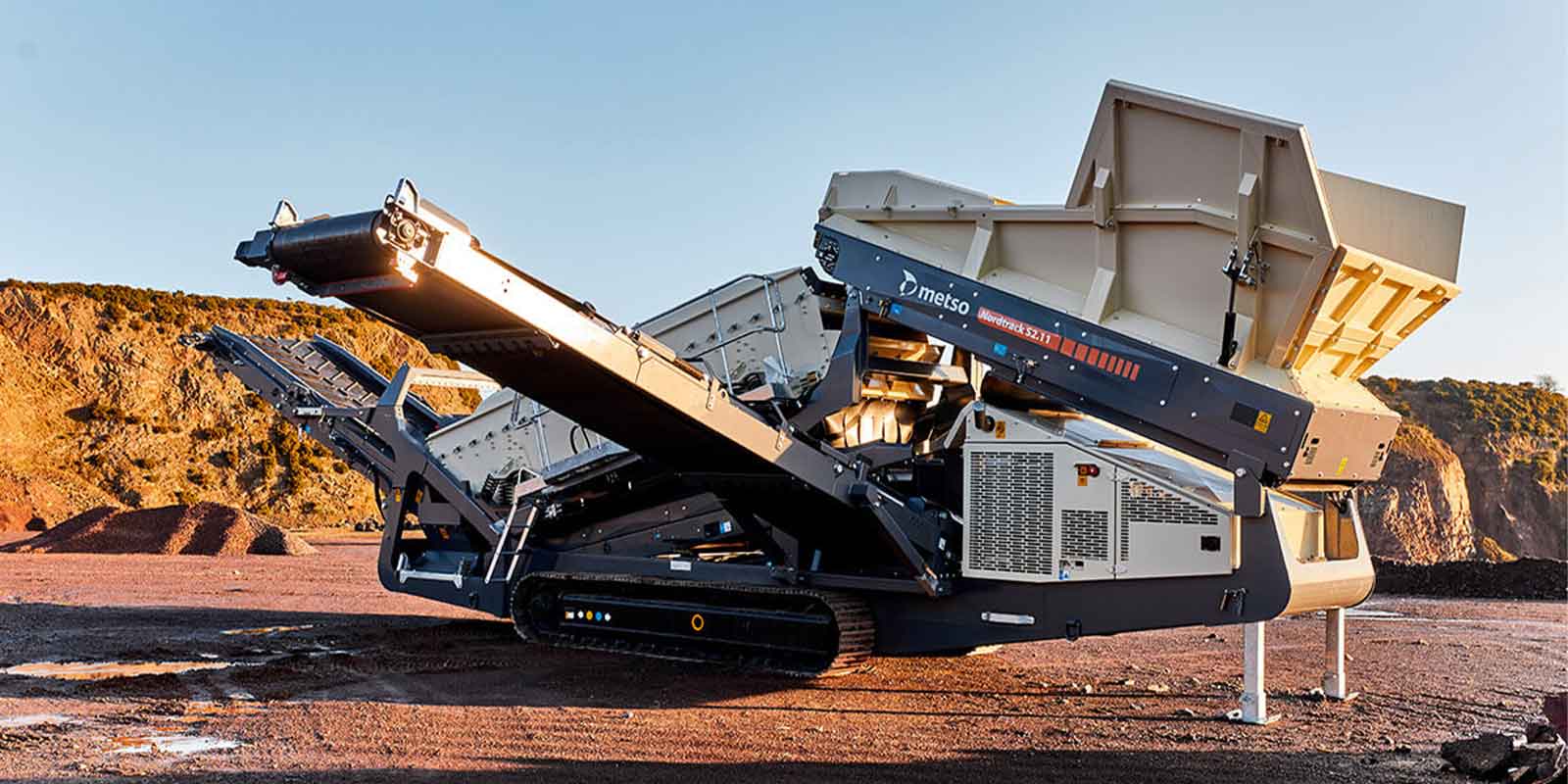How To Choose The Correct Rock Crusher For The Type Of Material You Use

Strong 8k brings an ultra-HD IPTV experience to your living room and your pocket.
In every crushing operation, selecting the appropriate rock crusher is essential to optimizing productivity and producing the intended final product. Choosing a crusher that is made for your particular material type—whether it be reinforced concrete, recycled asphalt, soft limestone, or hard granite—can make or ruin your project. This is particularly true in rental situations, such as when looking for a concrete crusher rental, when you need the best performance without the long-term commitment.
Under pressure, various materials and crushers respond differently. Inappropriate use of the equipment may result in increased wear, decreased output, or even machine damage. Choosing the right rock crusher for the kind of material you are dealing with will be made easier with the help of our comprehensive guide.
Recognize The Different Types Of Rock Crushers
Knowing the fundamental kinds of rock crushers that are available is helpful before matching one to a material:
For initial crushing, jaw crushers are perfect. They perform effectively on hard, abrasive materials like granite or ores. To reduce big boulders to smaller ones, they use a compressive force.
Cone Crushers: For secondary or tertiary crushing of hard to medium-hard materials, cone crushers work well. They function best with steady, dry feed ingredients and provide finer results.
Impact Crushers: Made for softer materials like recycled concrete and limestone, impact crushers shatter materials when they hit them with a high-speed rotor.
Gyratory crushers: Usually used in mining applications, these machines handle very high feed sizes and are mostly utilized for large-scale operations.
Roll crushers and hammermills are more specialized crushers used for materials with particular properties, such as chalk or soft coal.
Match The Kind Of Material To The Type Of Crusher
Crusher performance is influenced by the unique properties of each kind of material, including compressibility, moisture content, abrasiveness, and hardness. How to match them is as follows:
1. Recycled materials and concrete
The finest crushers to use when dealing with asphalt, bricks, or reinforced concrete are often jaw or impact crushers. The embedded rebar in concrete may be broken down into smaller pieces using these crushers, which are then used as building fill or road foundation.
A concrete crusher rental is an affordable option for short-term projects or smaller-scale demolition. For on-site crushing of concrete rubble, a lot of rental firms provide mobile impact crushers.
2. Hard Stones, Including Granite
Granite is suited for first crushing in jaw crushers and secondary crushing in cone crushers because of its great density and hardness. This combination reduces wear while effectively breaking down big, thick materials.
Applications requiring a fine, well-graded material output are particularly well suited for cone crushers. Over time, they also use less energy when working with abrasive, hard materials.
3. Softer Rocks and Limestone
Impact crushers work well with sedimentary materials like limestone. On impact, these pebbles disintegrate more readily, facilitating speedier processing and reduced operational expenses. Because limestone is softer, blow bars will last longer and need less upkeep.
4. Bituminous Materials and Asphalt
Because it is sticky, recycled asphalt may jam certain kinds of machinery. This kind of material works well in impact crushers with certain anti-clogging features. Impact crushers are useful for creating consistent aggregate for road bases or fresh asphalt mixes because of their capacity to regulate output size.
5. Clay-Rich or Moist Materials
Clay or materials with a high moisture content may easily clog machines. In these situations, blockages may be avoided, and a constant flow can be maintained by using roll crushers or specifically made impact crushers with open rotor designs and fewer moving parts.
Assess Jobsite Conditions And Portability
Portability is crucial for temporary or mobile work, particularly when dealing with concrete or demolition debris. You may obtain portable crushing equipment that is simple to move and assemble by choosing a concrete crusher rental. To separate rebar and other trash on-site, these machines often include built-in screens and magnets.
Fixed crushers are often the most cost-effective long-term option for big, stationary industries like mining or aggregate manufacturing.
Conclusion
Knowing your material and your objectives can help you choose the best rock crusher. It's not just about selecting a brand or size. You may choose equipment that produces the best results by taking into account variables like material hardness, moisture content, abrasiveness, and project scope.
Matching the correct equipment to your material type can save time, save operating costs, and improve worksite performance, whether you're purchasing or considering a concrete crusher rental. Just as in building, preparation and accuracy are crucial in crushing.
Note: IndiBlogHub features both user-submitted and editorial content. We do not verify third-party contributions. Read our Disclaimer and Privacy Policyfor details.






